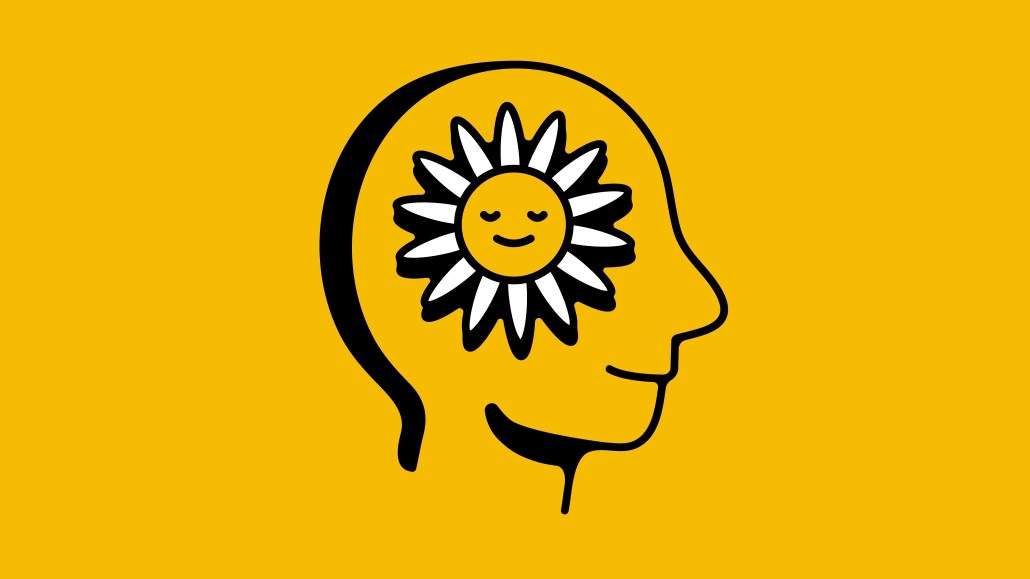Video-focused firms Pixability, Culture Genesis team up to expand diverse creators network

Video advertising company Pixability is partnering with Black-owned digital video network Culture Genesis to expand its diversity efforts effective today, Digiday has learned.
The companies are doing their part to increase advertising investment in underrepresented YouTube creators while Pixability expands on its Inclusive Media Initiative launched last year. The partnership expands on the 33 million U.S. households via Culture Genesis’ digital network reach (per Comscore).
Neither party would disclose financial details or terms of the deal.
The deal combines IMI’s network with Culture Genesis’ more than 120 YouTube channels to total about 1,500 creators currently. Culture Genesis, a YouTube enterprise partner, has also previously worked with Publicis, GroupM and Havas, as well as major brands including General Mills and Ford.
Last October, Pixability launched IMI to connect YouTube creators from diverse communities with brands and agencies. The program diverted YouTube advertising through Pixability’s creator network so advertisers could target specific diverse communities, based on attributes including gender and ethnicity, as well as veterans or those with disabilities. Since last year, Pixability said the program has grown six-fold from about 200 creators just before the official launch, with plans to add more to the network.
“For an advertiser, it’s still hard to get scale with [diverse audiences and creators],” said Matt Duffy, Pixability’s CMO. “The information is not available to advertisers, so we’re making it available to advertisers — with the permission of the creators themselves.”
The goal is to provide easier programmatic access to a diverse range of creator inventory — but also to solve some of the challenges that advertisers face when trying to identify diverse creators. The partnership combines YouTube’s reserve multicultural inventory with Pixability’s network of IMI creators and Community Inclusion List, which encourages creators to self-identify which diverse communities they belong to and which communities they support.
“A lot of the larger conglomerates, such as Unilever or Coca-Cola, always ask about also reaching the same kind of audience through programmatic methods,” said Shaun Newsum, co-founder of Culture Genesis. “Through this network of our owned and operated YouTube channels and our creative publishing, what we’re really focused on … is that we aggregate specific YouTube content.”
However, obstacles of influencer marketing also go beyond scale — from creator pay equity to privacy limitations. As GDPR “limits and protects how to search and filter creators,” it can be challenging to search for creators of multicultural backgrounds, said James Hacking, founder of influencer agency Socially Powerful. Last month, Socially Powerful launched a free search platform for brands with access to some 200 million influencers.
It can be argued that agencies and brands need to go deeper when pitching products to creators based on their diversity — they have to focus on product fit, brand affinity and consumer backgrounds too. Diverse creators sometimes also face pay inequity compared to major influencers who attract larger campaigns — making it harder for diverse creators to establish a large enough following, said Kelly Dye, vp of product and innovation at influencer marketing company Acorn Influence.
“If you have to capture twice the amount of job opportunities to receive the same paycheck for a career that often starts as a side hustle, diverse creators might take longer to gain financial solvency or may decide the pay is not worth the effort,” said Dye.
Pixability and Culture Genesis hope the YouTube offering will open more opportunities for advertisers to work with diverse creators of all sizes on a larger scale — from Steve Harvey and Cam Newton to emerging influencers that self-identify from a diverse community.
In January, Culture Genesis also partnered with BuzzFeed to package and sell ads against the publisher’s multicultural content. The deal increased Culture Genesis’ inventory with multicultural brands from Cocoa Butter to Pero Like. BuzzFeed benefited from the network in selling its ad inventory.
DEI efforts ultimately have to go beyond “the spirit of checking a diversity box,” said Geoffrey Goldberg, co-founder and chief creative officer of Stagwell agency Movers+Shakers. “Let’s stop saying it’s hard, and put in the work to create these authentic connections,” Goldberg said. “Creators can see right through this, when they are invited to the party to fulfill a statistic rather than to be a true partner.”
More in Media Buying

IPG’s former data chief Arun Kumar: How data collection can be improved without too much regulation
In his book, The Data Deluge, which comes out next week, Kumar argues that as data and data collection and analysis got more sophisticated, somewhere along the way, ethics took a backseat.

Ad tech’s week on Wall Street underscores critical industry challenges
DoubleVerify’s stock slumps more than 40% as key industry challenges mount.

Is it time to change the agency holdco model?
Industry observers wonder if it’s best to build, buy, or rip up and start again.







